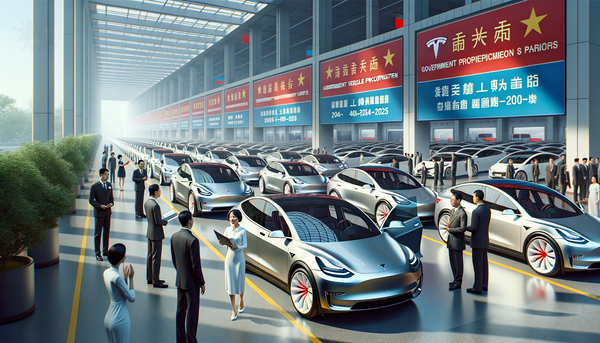Biden Administration Adjusts EV Transition Plan Amidst Waning Demand

The Biden administration is considering a revision of a previously announced rule aimed at boosting the adoption of electric vehicles (EVs) by the year 2030. The original rule would have required that by 2032, nearly 70% of new car and truck sales be zero-emission vehicles. However, in response to feedback from labor unions and major automakers, the administration is contemplating a more gradual approach that would delay the bulk of this transition until after 2030. This adjustment is perceived as an effort to balance environmental goals with economic and labor concerns, particularly as the United Auto Workers have expressed support for President Biden's re-election campaign.
The contemplation of this policy shift arises amid signs of a slowdown in EV demand, which has impacted production and employment within the industry. For instance, Ford Motor Company has recently reduced its EV production, resulting in layoffs. Additionally, a coalition of nearly 4,000 auto dealers has voiced concerns about the pace of EV mandates, citing a severe decline in consumer interest for these vehicles.
Despite the potential change in policy, the administration's goal remains to substantially cut carbon dioxide emissions from gasoline-powered vehicles, which represent the largest source of greenhouse gases in the United States. However, the administration is also considering the economic implications, including job security for unionized auto workers and the current market challenges facing EV adoption, such as high prices and the limited availability of charging infrastructure.




